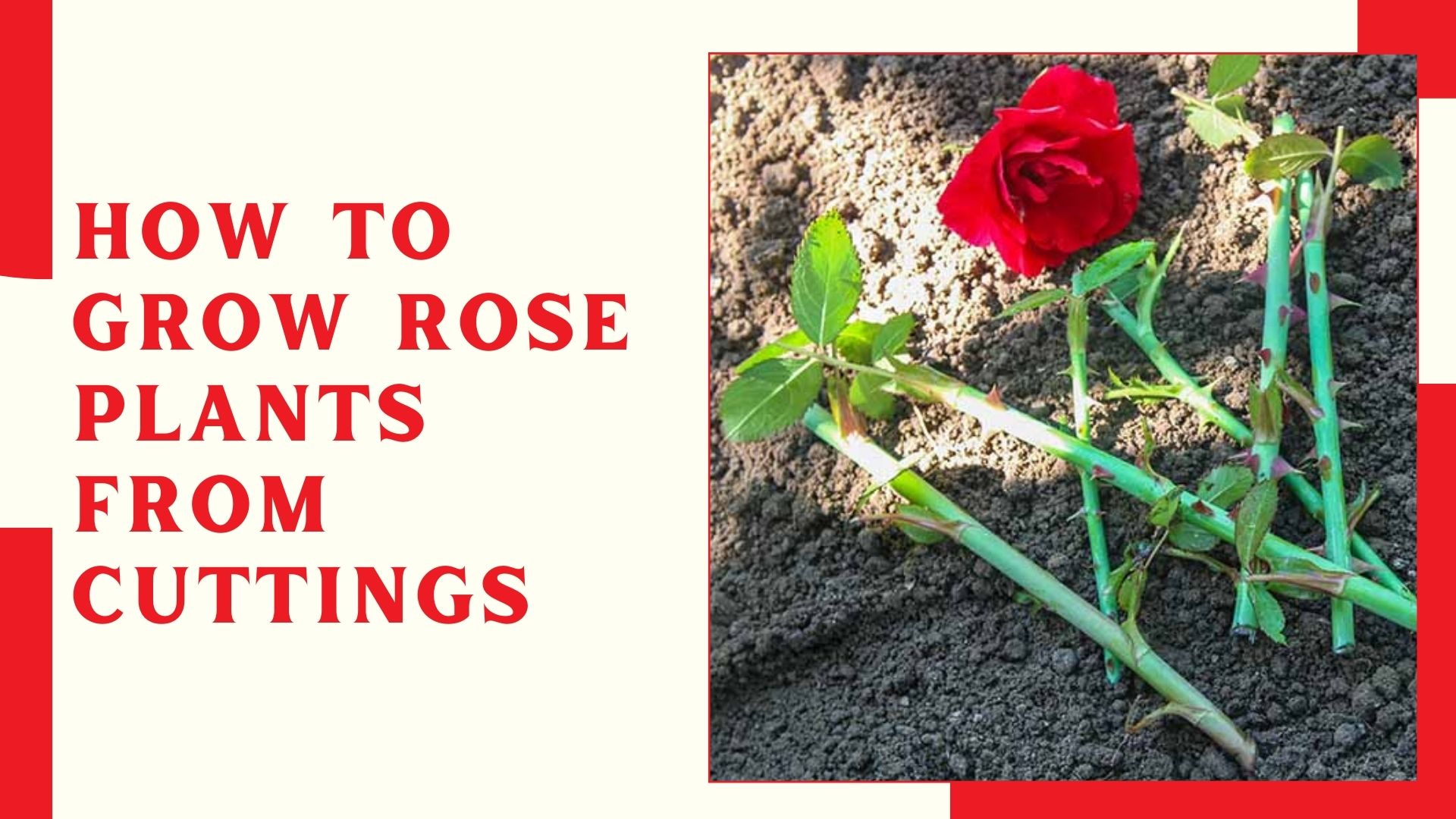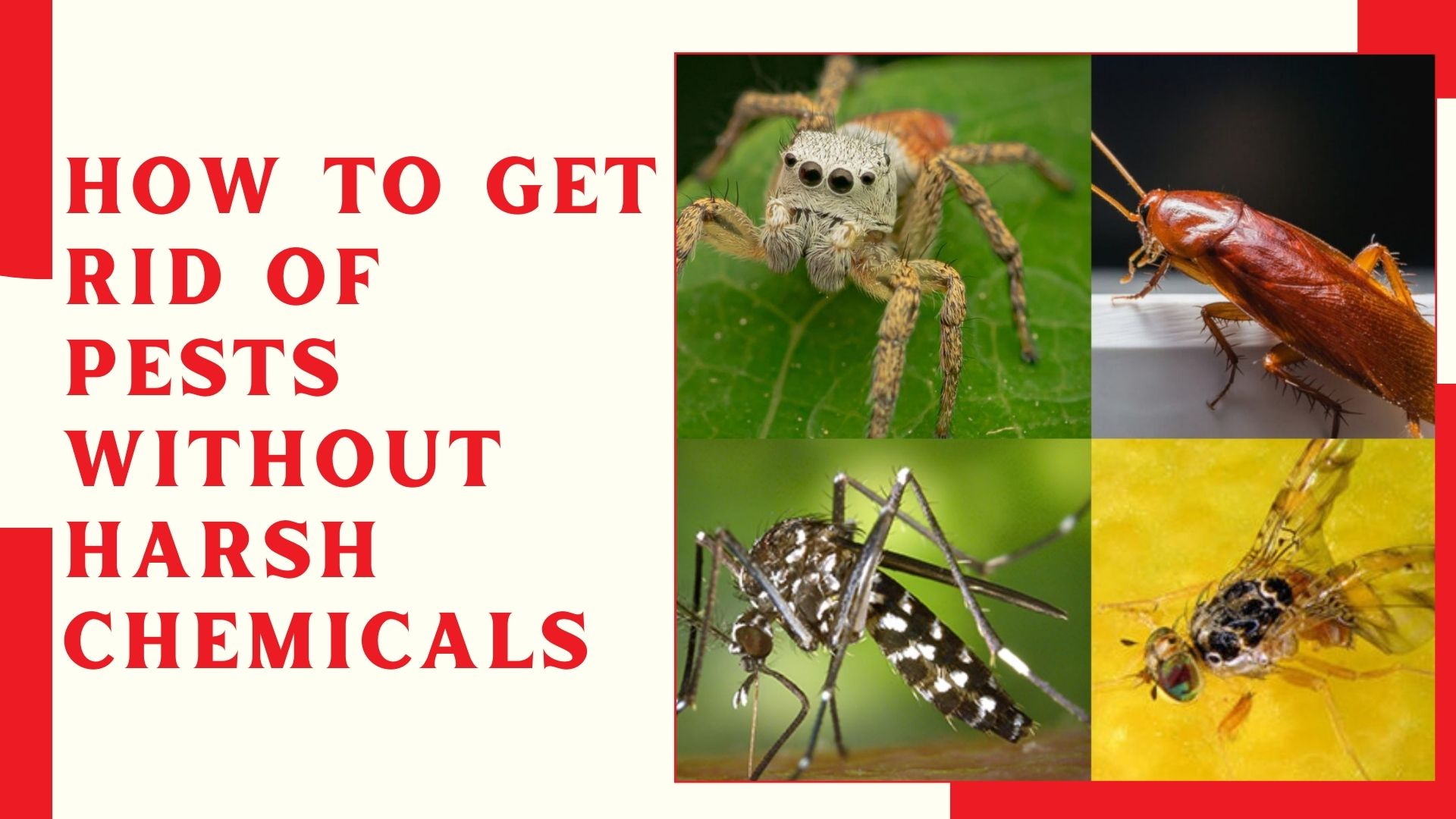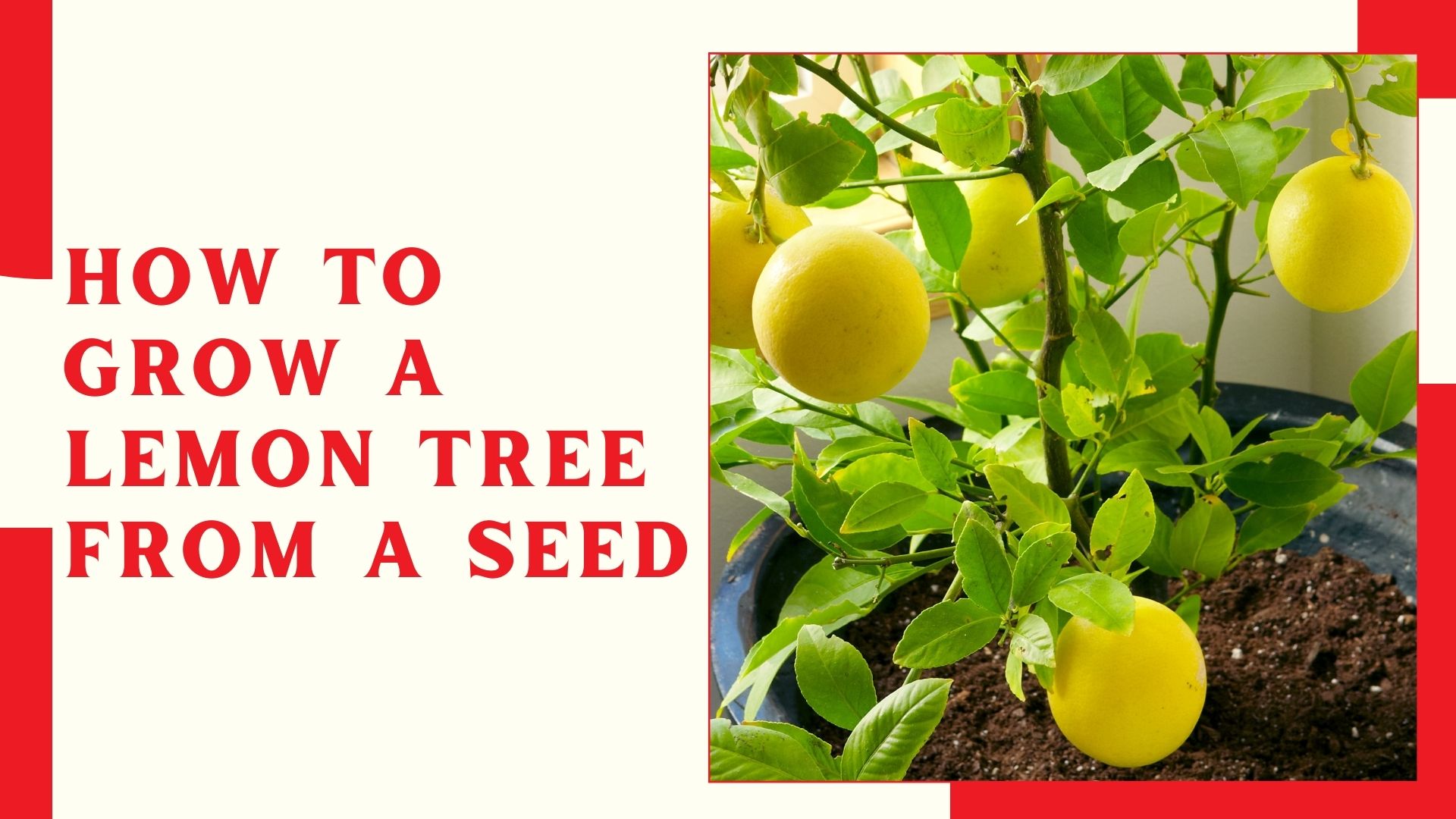Creating organic fertilizers at home is an excellent way to nourish your garden while being environmentally friendly and cost-effective. Here are some easy and effective organic fertilizers you can make yourself:
Helpful Products You Might Like
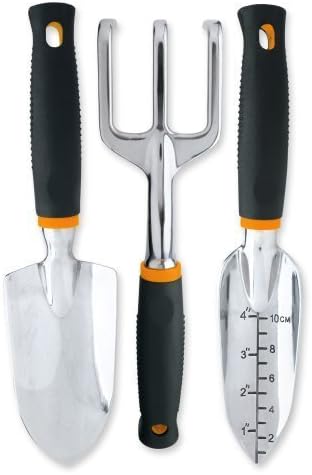
Fiskars Garden Tool
Set

Fiskars Bypass Pruning Shears Garden Clippers
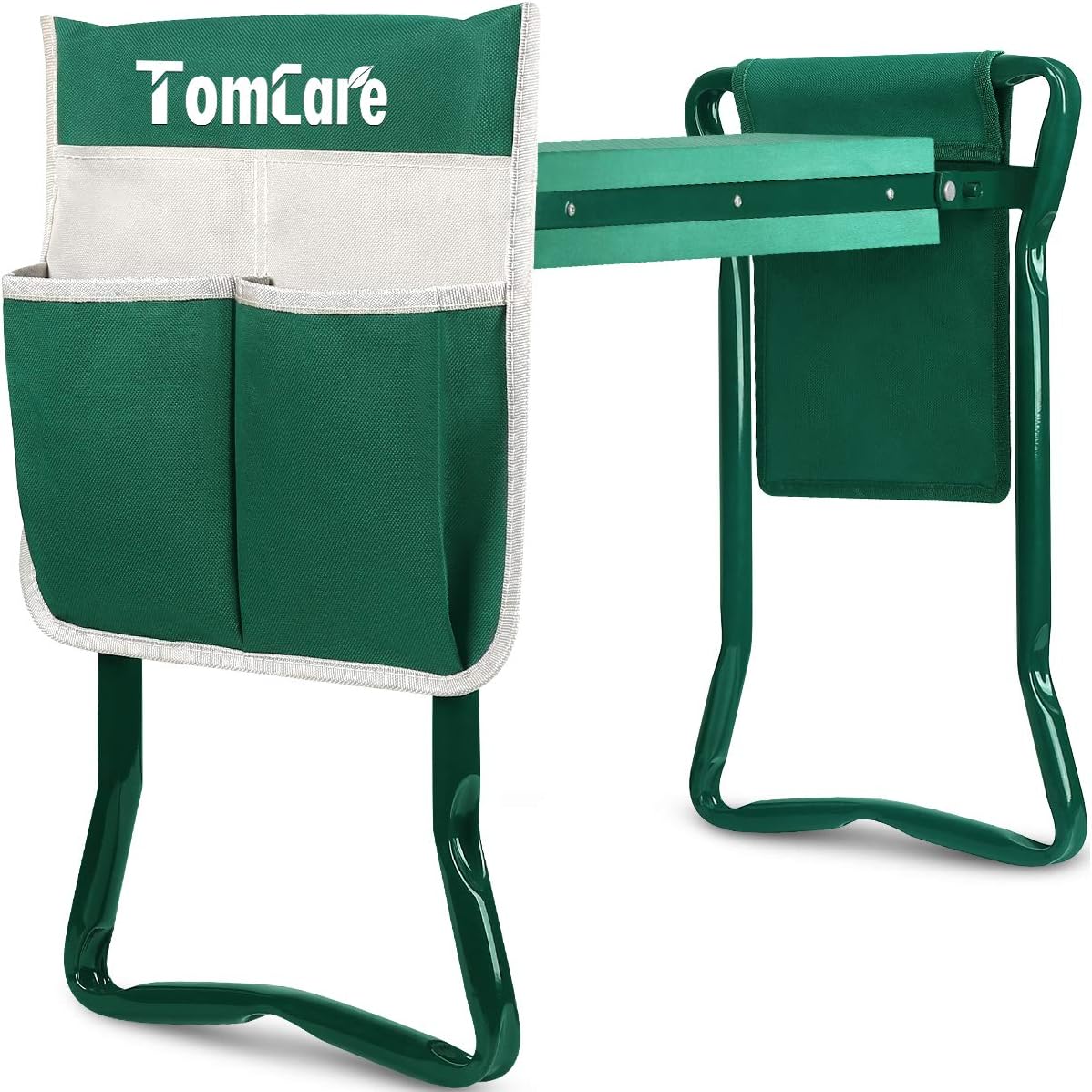
TomCare Garden Kneeler Seat Garden Bench
"(Paid Links)" 
Compost
Compost is one of the best and most versatile organic fertilizers you can use. It’s made from decomposed organic matter like kitchen scraps and yard waste.
How to Make:
Collect Organic Waste:
Include vegetable peels, fruit scraps, coffee grounds, eggshells, and garden clippings. Avoid meat, dairy, and oils.
Layering:
Start with a layer of coarse material like twigs for drainage. Alternate layers of green (nitrogen-rich) and brown (carbon-rich) materials. Greens include vegetable scraps and grass clippings, while browns include leaves and cardboard.
Maintain Moisture:
Keep the pile moist but not waterlogged. Turn the pile regularly to aerate and speed up decomposition.
Benefits:
Compost enriches soil, improves moisture retention, and promotes beneficial microbial activity.
Compost Tea
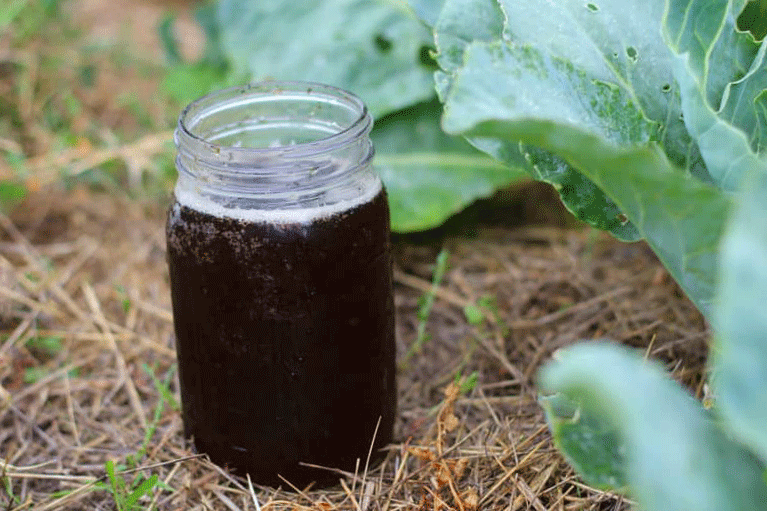
Compost tea is a liquid form of compost that provides a quick nutrient boost to plants.
How to Make:
Steep Compost:
Fill a bucket with water and a generous amount of compost. Let it steep for 24-48 hours, stirring occasionally.
Strain and Use:
Strain the liquid and dilute it with water if necessary. Apply directly to the soil around plants or as a foliar spray.
Benefits:
Compost tea provides a concentrated dose of nutrients and beneficial microbes, improving plant health and soil fertility.
Manure Tea
Manure from herbivorous animals like cows, horses, and chickens can be used to make a nutrient-rich tea.
How to Make:
Soak Manure:
Place aged manure in a cloth bag or pillowcase and soak it in a bucket of water for a few days.
Dilute and Apply:
Dilute the manure tea with water (1:10 ratio) before applying to plants.
Benefits:
Manure tea is high in nitrogen and other essential nutrients, promoting strong growth and healthy plants.
Eggshell Fertilizer
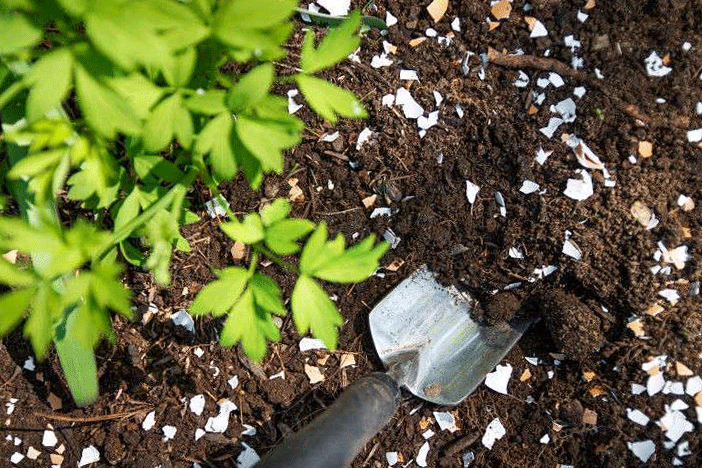
Eggshells are a great source of calcium, which is essential for plant cell wall development.
How to Make:
Crush and Dry:
Rinse and dry eggshells thoroughly. Crush them into a fine powder using a blender or mortar and pestle.
Apply:
Sprinkle the powder directly onto the soil or mix it into the compost.
Benefits:
Eggshell fertilizer helps prevent blossom end rot in tomatoes and peppers and improves soil structure.
Banana Peel Fertilizer
Banana peels are rich in potassium, phosphorus, and calcium, which are vital for plant growth.
How to Make:
Chop and Bury:
Chop banana peels and bury them in the soil near the base of your plants.
Make Banana Peel Tea:
Soak banana peels in water for a few days and use the liquid to water your plants.
Benefits:
Banana peel fertilizer promotes flowering and fruiting and strengthens plant roots.
Epsom Salt Fertilizer
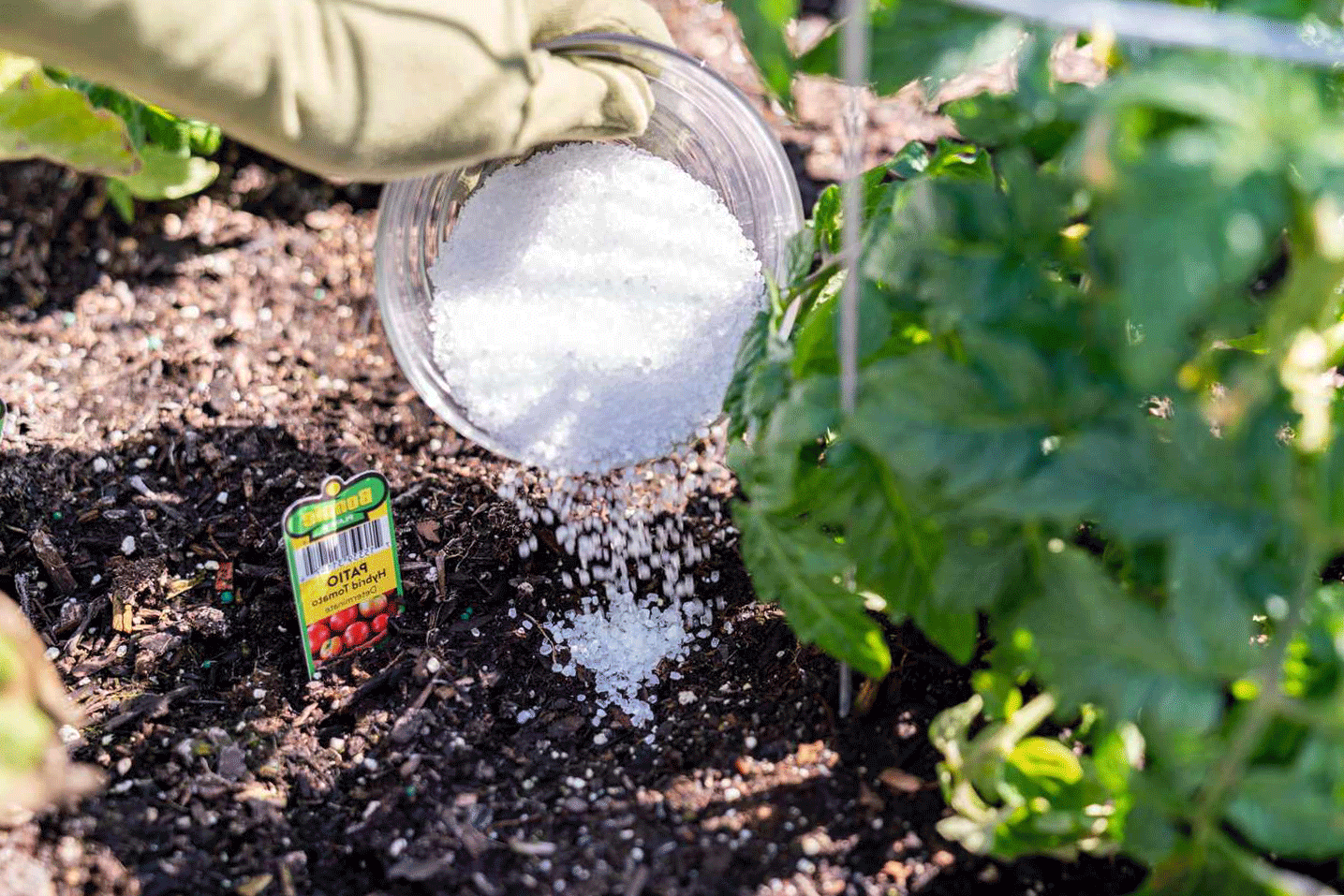
Epsom salt contains magnesium and sulfur, which are important for plant growth and nutrient absorption.
How to Use:
Mix with Water:
Dissolve 1 tablespoon of Epsom salt in a gallon of water.
Apply:
Use the solution to water your plants once a month.
Benefits:
Epsom salt enhances photosynthesis, improves flower production, and promotes greener leaves.
Fish Emulsion
Fish emulsion is a potent, fast-acting fertilizer rich in nitrogen, phosphorus, and potassium.
How to Make:
Blend Fish Scraps:
Blend fish scraps with water to create a slurry.
Ferment:
Let the mixture ferment in a covered container for a few weeks.
Dilute and Apply:
Dilute the emulsion with water (1:2 ratio) and apply to the soil or as a foliar spray.
Benefits:
Fish emulsion boosts plant growth, enhances soil fertility, and improves overall plant health.
In conclusion, making organic fertilizers at home is a simple and sustainable way to support your garden. Whether using compost, manure tea, or banana peels, these natural fertilizers enrich the soil and promote healthy plant growth.

